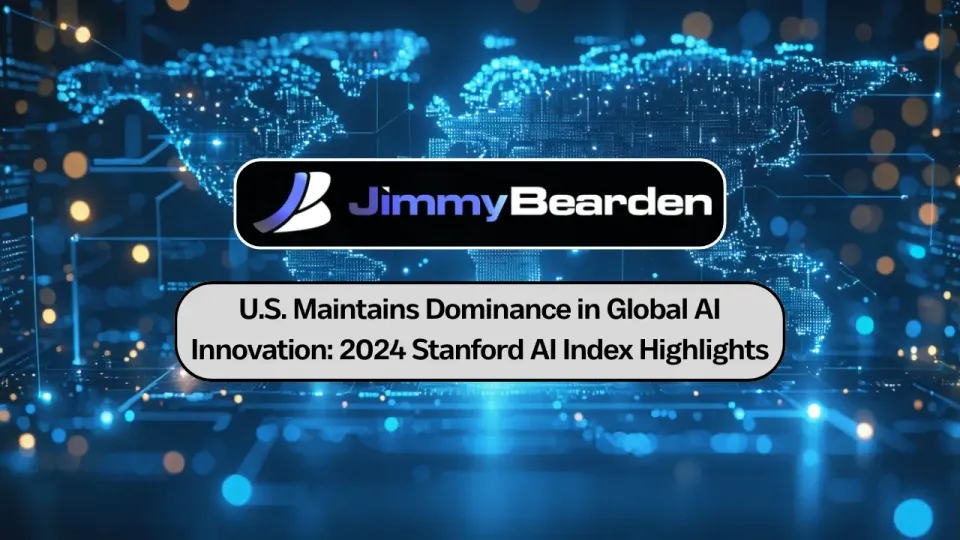Artificial Intelligence and Copyright: The Legal Battle Between The New York Times and Perplexity

The Cease and Desist: A Legal Contention
The New York Times recently issued a formal cease and desist notice to the generative AI startup Perplexity, alleging the unauthorized use of its content. According to a report by the Wall Street Journal, the newspaper argues that Perplexity has infringed upon its copyrights by using its content to generate summaries and various outputs without consent. This move underscores The New York Times' efforts to protect its intellectual property rights in the digital age, where content can easily be replicated and disseminated. The issuance of such a notice marks a notable development in the broader discourse surrounding AI technology and content ownership.
Perplexity’s Response and Assurance Breach
Perplexity, a startup that has rapidly gained attention in the AI field, notably with backing from Amazon founder Jeff Bezos, finds itself at the center of this legal dispute. The startup is committed to creating AI models capable of generating various content types by scouring the internet for data. However, this practice has raised significant concerns among content creators, most prominently The New York Times, who have alleged content scraping and infringement. The newspaper had previously received assurances from Perplexity that it would abstain from employing crawling technology designed to access and scrape their articles, but these promises have reportedly not been met.
The back-and-forth between Perplexity and The New York Times highlights the fine line between technological advancement and legal obligations. In an attempt to mitigate mounting anxieties, the startup has initiated a revenue-sharing program aimed at addressing accusations, particularly from organizations like Forbes and Wired, who have also raised plagiarism alarms. This program reflects Perplexity's willingness to navigate the legal landscape while fostering innovation in AI.
Implications for the Media and AI Industry
The dispute between The New York Times and Perplexity is part of a larger, ongoing conversation about the intersection of AI and intellectual property rights. The recently filed lawsuit by The New York Times against OpenAI, another AI industry heavyweight, further demonstrates the escalating legal tensions between publishers and AI developers. In this instance, The New York Times accuses OpenAI of having used an extensive number of its articles without permission to train its ChatGPT models, serving as a parallel instance of alleged infringement to the Perplexity case.
In contrast, some publishers have opted for collaboration over litigation, with companies such as The Atlantic and Vox Media entering into licensing arrangements with OpenAI. These deals allow for the legitimate use of their content in training AI models in exchange for compensation, setting a potential precedent for how media companies might adapt to the rapidly evolving landscape of AI-driven content production.
The Broader Debate on AI-Content Usage
The emergence of AI technologies like ChatGPT has precipitated a broad spectrum of reactions within the publishing industry. While some view AI as a tool that could revolutionize content creation and dissemination, others see it as a threat to the traditional models of media distribution and intellectual property protection. The New York Times' actions ostensibly signal its strategy to fortify its content against what it perceives to be exploitative practices.
The debate enveloping AI content usage serves to highlight the challenges that lie ahead as these advanced technologies become more ingrained in digital media ecosystems. As stakeholders across the spectrum, from startups to established media giants, grapple with these issues, the outcomes of legal challenges like the one involving Perplexity will likely shape future regulations and industry norms surrounding AI and content usage.
"Joining this community has been a game-changer for staying updated on the latest trends & events!" - John B.





